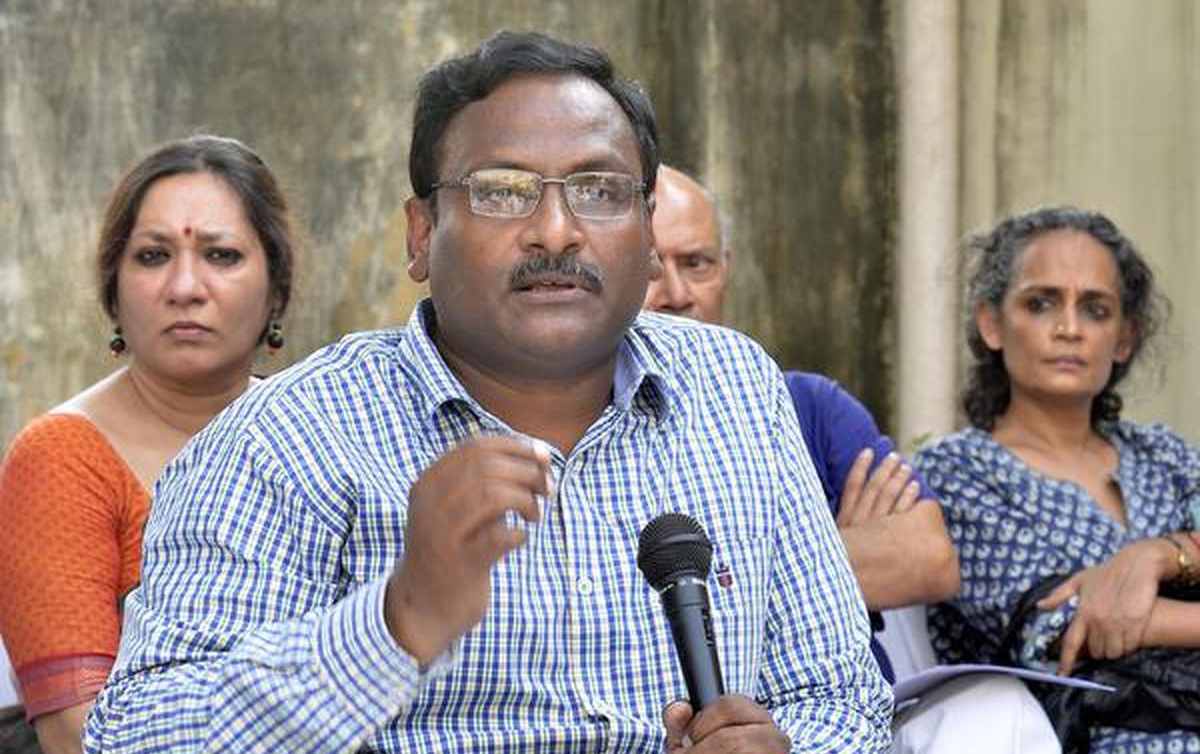Prof GN Saibaba is back in the spotlight due to a significant development involving Justice Rohit B Deo, the judge who presided over the bench that acquitted Saibaba and five others. Justice Deo’s resignation has brought attention to the case once again. As we delve into this matter, let’s take a closer look at the individual at the center of it all, GN Saibaba.
Gokarakonda Naga “G. N.” Saibaba is a prominent figure in India known for his roles as a scholar, writer, human rights activist, and professor.
Advertisement
His story took a legal turn when the government accused him of affiliations with prohibited leftist extremist groups, leading to his conviction and a life sentence by a session court in 2017. However, his situation took a significant shift when the Nagpur bench of the Bombay High Court, under the guidance of Justice Rohit B Deo, acquitted him and his co-accused on October 14, 2022, in relation to charges under the Unlawful Activities (Prevention) Act. It’s worth noting that the Supreme Court of India intervened by suspending the acquittal order.
Born in Amalapuram, a town in East Godavari, Andhra Pradesh, Saibaba’s life journey began in a modest family of farmers. Polio struck him at the age of five, confining him to a wheelchair and rendering him 80% physically handicapped.
Saibaba draws inspiration from literary figures like Gurajada Apparao, Sri Sri, and Ngugi Wa Thiong’o from Kenya. His early literary works in Telugu found a platform in the Indian magazine Srijana. These early writings focused on challenging the prevalent knowledge structures that marginalized dalit and adivasi voices in the Indian Novel.
For several years, Saibaba imparted his knowledge as an English professor at Ram Lal Anand College of Delhi University. However, his life took a drastic turn when he was found to have connections with Maoists, resulting in his removal from the assistant professor post in February 2021.
The turning point arrived in October 2022 when Saibaba and his co-accused were exonerated by a high court bench, effectively overturning the life imprisonment verdict they had received in 2017. The bench highlighted the absence of a valid sanction under the Unlawful Activities (Prevention) Act, rendering the prior proceedings “null and void.”
However, this triumph was met with a twist as the Supreme Court of India stepped in, suspending Saibaba’s acquittal. The Supreme Court raised concerns about the high court’s decision, citing insufficient consideration of incriminating evidence and case merits.











